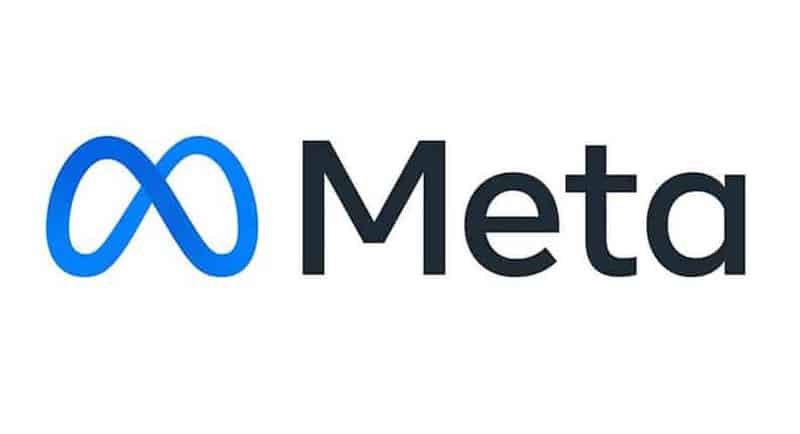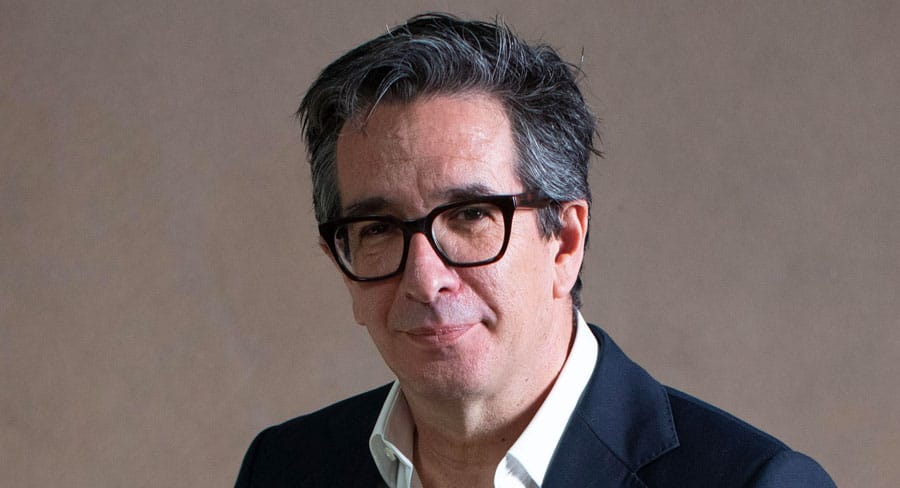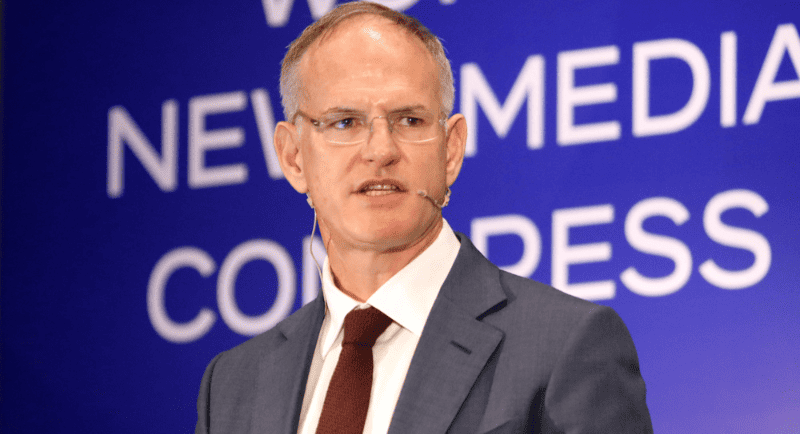Meta’s decision to exit the News Media Bargaining Code has wreaked havoc among news publishers and the government. But does the tech giant’s decision also have implications for the brands that advertise on the platform?
Darren Woolley, global CEO of TrinityP3, told Mediaweek the most significant impact would be small to medium-sized businesses that use Meta’s platforms – Facebook and Instagram – “almost exclusively.”
“If Facebook pulled out of Australia, for instance – worst case scenario – that would leave a huge hole for small to medium-sized businesses that do lots of social media selling or paid social advertising.
“For brands themselves, the question they’d have to ask themselves is, do they want to keep supporting Meta?”
Woolley noted the backlash from the public against Facebook on its decision to turn against news publishers and the government.
“Brands need to consider whether continuing to support Facebook in this dispute is in their best interests short or long term. If you take news from platforms like Facebook and Instagram, what’s left to attract people there? Is there still credibility in it?
“Facebook has a huge problem with a reputation for allowing a lot of misleading and deceptive advertising to appear on that platform. It’s not a reputable environment for marketers to put their brands.”
Brands have previously pulled advertising spend from social media platforms in response to controversy. Last year, Apple, IBM, Disney, and Sony removed their ads from X (formerly Twitter) due to concerns about antisemitism and hate speech on the Elon Musk-owned social media platform.
Could brands do the same after Meta’s decision to exit the Australian media deals in protest? Woolley said there could be a protest to start, but it boils down to what the audience thinks.
“Ultimately, the only reason brands are advertising is to reach an audience. Advertisers will probably withhold their advertising if there’s audience backlash until there’s no longer that sort of backlash.”
Meanwhile, Ben Shepherd, outgoing chief investment officer at Dentsu’s media agencies and incoming CEO at publisher Schwartz, shared a different point of view. He told Mediaweek that Meta’s decision might not be an issue that impacts brands directly.
“The potential impacts of the Meta move reverberate across news and journalism entities, not marketing departments,” he said.
Shepherd said that while brands decide on their position as corporate citizens, “ultimately, no one can tell brands how they should react to events that impact Australian society.”
“History would suggest no, as Meta has been in the constant spotlight for the past decade on user missteps and trust breaches, and at the same time, it has been the fastest growing advertising business during that period.”
Shepherd said that it wasn’t likely brands acting in response to Meta’s decision could impact the discussions between and the government.
“The power imbalance between Meta and everyone else is too large for any private entity or collection of private entities to have any leverage over the decisions they make.”
From an industry body perspective, Josh Faulks, CEO of the AANA, told Mediaweek: “This is a matter for Meta, the media owners and the government to resolve. It is up to each brand to decide how they respond to Meta’s decision.”
On Friday, Meta confirmed it will stop paying publishers for news content and not re-negotiate new Media Code deals once the current deals expire.
The digital giant’s announcement follows months of speculation as Meta had expressed concerns with the deals and questioned the value to its business.
“Meta doesn’t want this trend that Australia started. The Australian government was a leader with the news media bargaining code, then it went to other countries such as Canada. What Meta didn’t want is that process to roll out globally. They’re trying to stop it because it reduces their profit,” Woolley added.
“It makes life so much easier for them because I don’t have to deal with all the media publishers. They can get on with it and make money using the algorithms to suck us into clickbait and sell attention to the highest bidder.”
Meta’s decision has been met with opposition from media publishers. In an opinion piece published in the Australian Financial Review, News Corp Australia’s executive chairman, Michael Miller, said the move by Meta shows “the company’s brazen indifference to regulations and the content creators that feed their platform.”
Seven West Media CEO James Warburton said: “Meta needs to be designated. The case has not only been made but proven and we welcome Ministers Jones and Rowland’s commitment to the News Media Bargaining Code. We will work constructively with the ACCC and Treasury to ensure their designation.”
Nine CEO Mike Sneesby added: “Meta’s decision does not recognise the significant and increasing value of Nine’s journalism, unique content and brands to its platforms. We believe the News Media Bargaining Code provides an appropriate framework for a fair value exchange between companies.”
Prime Minister Anthony Albanese also hit out Meta’s decision not to renew its deals to pay Australian news publishers for content. He said: “We will always stand up as a government for Australian media interest and media diversity.”
However, Constantine Frantzeskos, chief growth and innovation officer at GrowthOps, told Mediaweek that it was “astonishing” that despite being a massive driver in traffic to news sites, Meta was being compelled to subsidy these outlets.
“It has largely been the failure of media publishers to effectively monetise their businesses and build robust business models.”
Frantzeskos called out media publishers for the negative response to Meta’s decision, slamming the companies that “run to Canberra for a solution rather than innovating themselves.”
“This idea that they would seek intervention over innovation is, I think, a real shame,” the digital expert said.
See also: Digital expert slams publishers for seeking “intervention over innovation” after Meta pulls out of media deals
See also: Meta pulls the pin on news media deals with publishers and axes news tab




